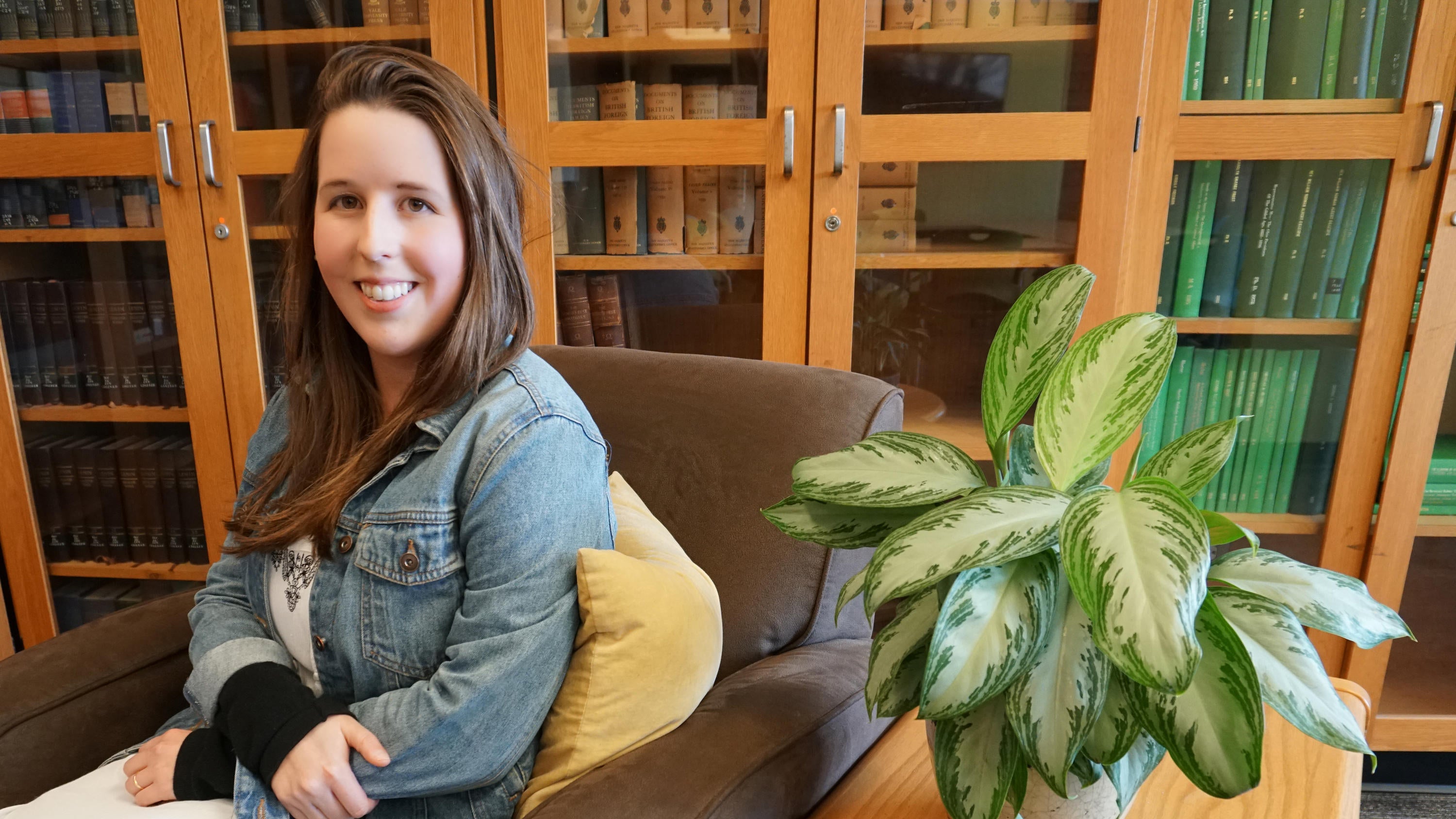Lucy Vorobej
PhD candidate | History
Lucy Vorobej, a PhD student in history, wants her research, passion and commitment to effect change in the community, and all across Canada, too. She aims to use her expertise to reduce discrimination and exclusion by educating Canadians and their politicians and bureaucrats. She wants to help them understand that knowledge of the history of colonization is vital to redress racialized health policies that have left many Indigenous communities disproportionately affected by rates of ill-health.

Along with her own research, Lucy is involved with initiatives that respond to the Truth and Reconciliation Commission (TRC) calls to action. On campus, these include her role as a planning committee member for the Indigenous Speakers Series at the University of Waterloo. “It is so personally enriching to have the voices that are so often missing, heard on campus. I feel that the exposure I get to the diverse speakers also makes my academic work stronger.”
In 2018, she attended a summer school at Laurentian University for graduate students involved in Indigenous health research. Thinking about her summer school experience, Lucy says, “As a settler in Canada, I have a responsibility to educate myself and to help educate other settlers. We as Canadians have a responsibility to learn about our own history. We can’t talk about an age of reconciliation without learning and action. I hope to bring that forward.”
Shaking the Movers is a program, sponsored by the Landon Pearson Resource Centre, that Lucy has worked with for a number of years to discuss societal issues and deliberate on solutions with others in the community. Each year, young people gather to discuss an article from the UN Convention on the Rights of the Child, and draft a report that they send to the movers of society – parliamentarians and leaders of NGOs. Lucy has been involved in this process numerous times, discussing refugee and Indigenous children, children in the child welfare system, discrimination, and the right to education, to name a few.
Lucy’s PhD experience has given her the space to assess what is important to her, and then also investigate how she can contribute further. Looking to the future, Lucy says “I’m committed to continuing to work for reconciliation and to maintain my passion for education. I am hopeful my next steps involve history, advocacy and reconciliation work.”